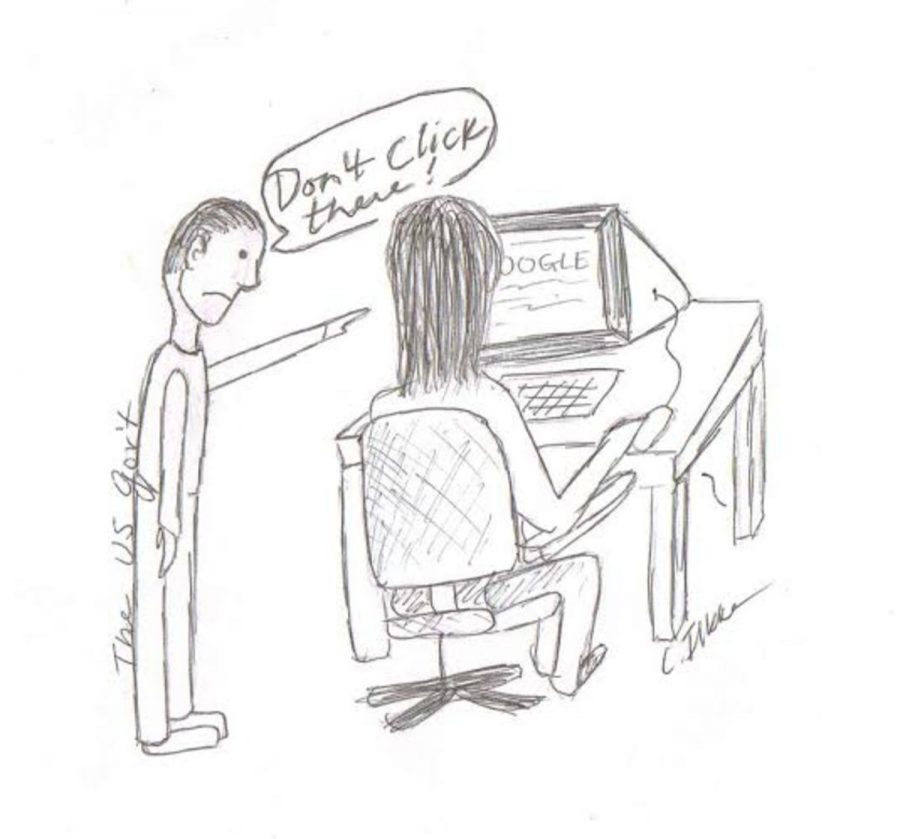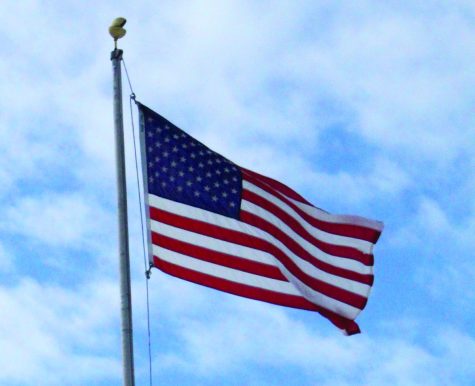CISPA would violate citizens’ privacy
November 30, 2013
The Cyber Intelligence Sharing and Protection act has gone through multiple makeovers since it was initially introduced in 2011 by Republican Mike Rogers. If this bill were to pass, the government would be able to completely take away citizen’s right to privacy.
The passing of CISPA would allow companies to share personal information and history with the government, and more specifically the NSA. The sole purpose behind these transactions of personal information would be to prevent “cyber attacks” on the United States.
NSA chief Keith Alexander continues to pressure congress to pass this bill, while only a fraction of the American people actually support it. CISPA has miraculously made it through the House of Representatives, but has since been stalled in the Senate.
Techopedia defines a cyber attack as a direct exploitation of computer systems, technology dependent enterprises and networks. Cyber attacks use malicious code to alter code, which usually results in information and identity theft.
According to Hackmageddon, only about 40 percent of all cyber attacks are actually “cyber crimes.” The only government agency that has the ability to “spy” on the American people as of now is the NSA, and currently they still need probable cause, a warrant and then request information from each individual company.
If CISPA were to pass, the NSA would have full access to all information ever to be transferred or recorded on all websites. Not only can the NSA look at this information without a warrant, but they can also do this without notifying the owner.
This sort of activity goes against the fourth amendment and all privacy agreements that most websites guarantee their users. Government agencies including the IRS, DEA, FBI, FEMA, Homeland Security and Immigration all have the ability to spy on the American people if this bill is to pass.
CISPA allows private companies to share citizens’ personal information with the government and other third parties without them even knowing. This could be anything from banking information, to texts and emails.
The CISPA bill leaves enough loopholes for companies to share large amounts of their customer’s private information with each other privately without any worry of legal repercussion. As long as the company or companies shared the information in “good faith” then the government has no reason to punish the company.
The Cyber Intelligence Sharing and Protection Act needs a lot of work and refining before it will even be considered a legitimate proposition. The bill has too many loopholes that the NSA and various companies can take advantage of. It nullifies all privacy agreements held between websites and users, as well as the fourth amendment.













Nick Wicker • Jan 13, 2014 at 4:33 am
This article was well-written and informative. It is important that we maintain this attention to the behaviors of our government’s secretive agencies in order to keep everyone informed and alert, and you make your position clear. Good work!
Alex Pierson • Jan 13, 2014 at 2:05 am
Very well written article, the opinion of the author is clear and the research on the topic is through.